Loud background noises, serene sunny mornings, flavorful aromas in the air, or downright dark and gloomy silence- everyone is experiencing quarantine in vastly different ways.
Perhaps what makes the biggest difference however, is the family nucleus itself. Behind everyone’s closed doors, there are different sets of family or household dynamics that play a large role in how each and every individual has been dealing with spending most of their time at home since the COVID-19 pandemic.
There are big families and small families, those who live with elders and those who live alone. There are also those who are experiencing what it’s like living with someone other than their parents for the first time, and those who are experiencing what it’s like living with a newborn baby who needs constant care and attention for the first time.
Of course, another factor that comes into play is the fact that some houses or apartments are bigger than others, and some people are living under better circumstances than others. For the same of this article however, Egyptian Streets decided to focus on the human aspect itself and how effective it is in times of quarantine.
Living within a Family of Five
In today’s fast-pace world in which everyone is constantly on the move and has their own individual life to live, even families that are slightly on the bigger side sometimes forget what it’s like living amongst each other.
“It definitely has its ups and downs,” comments 24-year-old Caroline Benjamin, “as much as we are lucky to have constant entertainment or company [in each other], fighting is also a lot more frequent.”
Benjamin is part of a family of five, living with her parents and her two sisters. Although they have found more activities to do together while stuck at home, from baking to movie nights, it has undoubtedly been challenging trying to adapt to these new and strange circumstances. This is especially due to the fact that everyone’s individual day-to-stay schedule has now all of a sudden merged into one communal schedule.
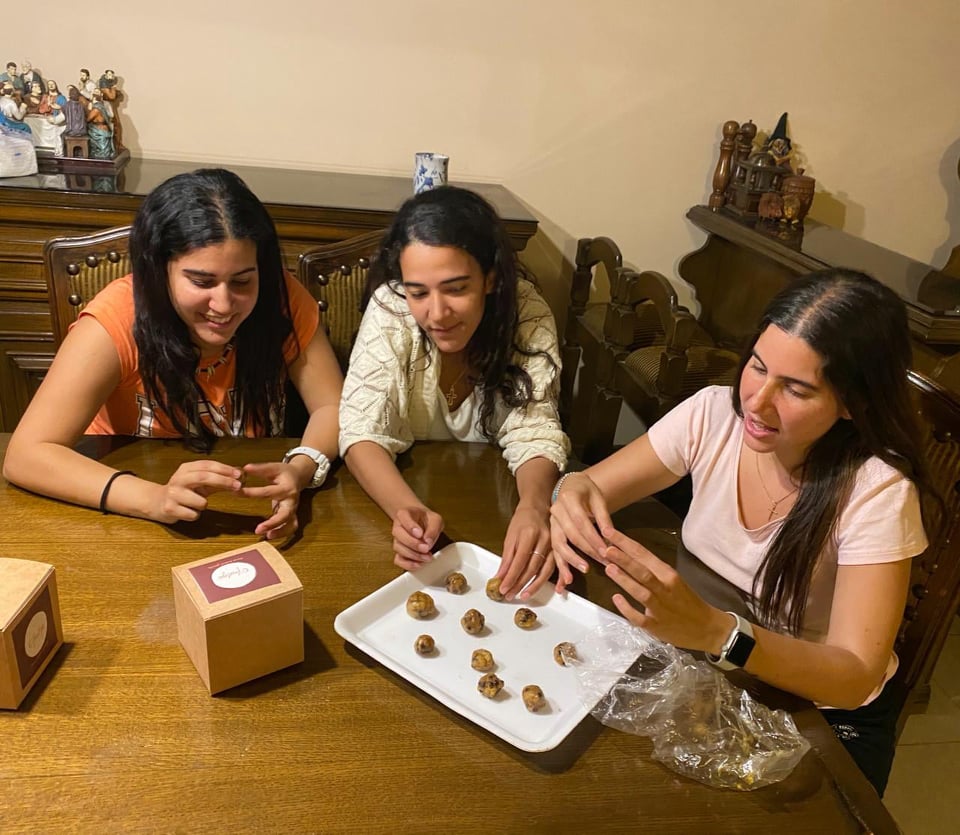
“We are now very understanding of each other’s personalities at work due to the new work from home models,” explains Benjamin, “We are also more understanding of each one’s stresses as they’re more visible – but because the stresses are more intense due to being stuck at home, it’s causing intolerance to any opposing opinion.”
Benjamin however, realizes that the positive aspects to being quarantined with her family outweigh the negative saying, “It’s really hard to get bored in a house of three sisters and our parents, and there is also a 24 hour nagging of food offering from my mom which is very satisfying.”
She goes on to say that, “I can definitely say there’s more positive… as for the negative, it’s a bit hard to have the privacy you need since we are all stuck at home at the same exact times. Also Since we are held accountable for being each other’s entertainment, it’s hard to say no when you’re not in the mood.”
Living with Elders
In a time when everyone is being told to try to keep as much distance from their elders as possible as they are the most vulnerable towards the COVID-19 pandemic, it is undoubtedly slightly more stressful when one lives with them.
“At first, I stayed home as much as possible. After working from home officially, I stayed at home for almost two weeks straight. I felt super responsible and had to take care of myself and my grandparents,” explains 27-year-old Ochine Awadalla, who has been living in Cairo with her grandparents for the past three years.
She goes on to say that, “Feeling this much responsibility, like someone’s life is in your hands, was really hard on my mental state.”
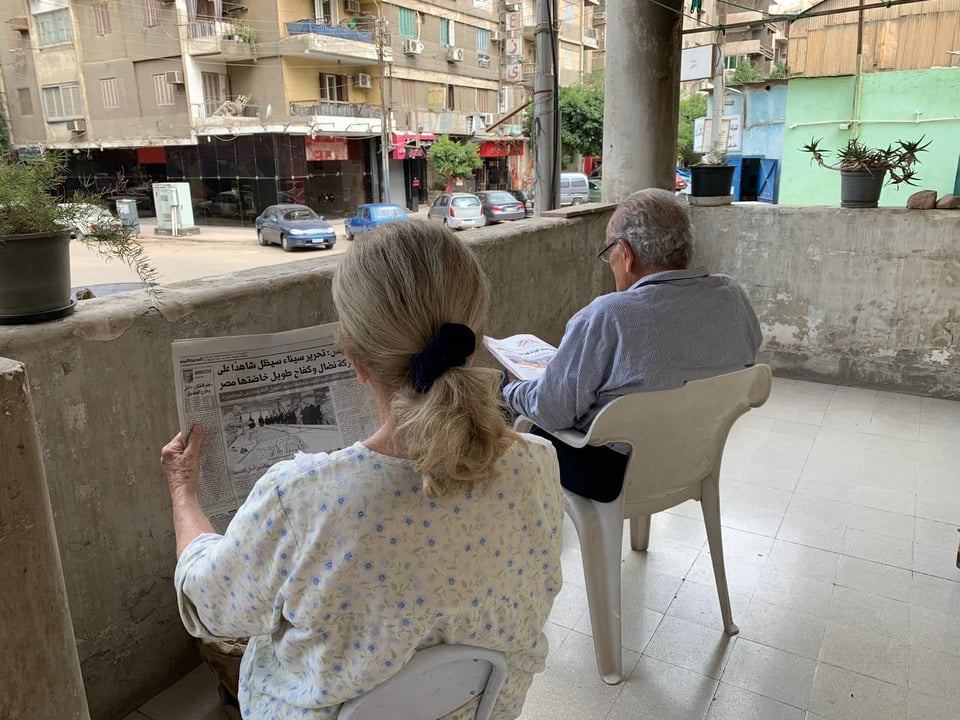
Other than leaving the house just for necessities and isolating herself in her room, Awadalla has also found herself trying her best to promote more of an overall healthy lifestyle for the entire household.
“I always tried to be as healthy possible, encouraging them to be healthy as well and to get nutrients that will boost everyone’s immune system,” she says.
After a month of quarantining with her grandparents, Awadalla has managed to work around her stress and to slightly loosen restrictions on herself at home. She enjoys spending more time with them these days.
“I worry a lot, which makes me very careful with the way I treat them,” she explains, “I also take our living situation less for granted. I am very happy I get to spend time with them.”
Living as a Newlywed couple
In the Middle East’s conservative society, it is highly uncommon for couples to live together prior to marriage, which is why it is often quite stressful for newlyweds to make that shift.
It takes years for families to adapt to each other’s living norms, and so when anyone shifts their living situation (even moving in with a new roommate, for example) it may oftentimes be awkward and stressful, and it will take time to adapt.
Now imagine a global pandemic being thrown into the equation. For 32-year-old newlywed Nadine Hesham, facing quarantine with her new husband has been quite the learning experience.
“At first, it was really nice because we both have different work schedules so we didn’t have that much time to spend together at home once we got back from work,” she explains, “but [after working from home] we have gotten to spend more time together and partake in more activities together, such as having movie nights and cooking; it was bringing us closer together.”
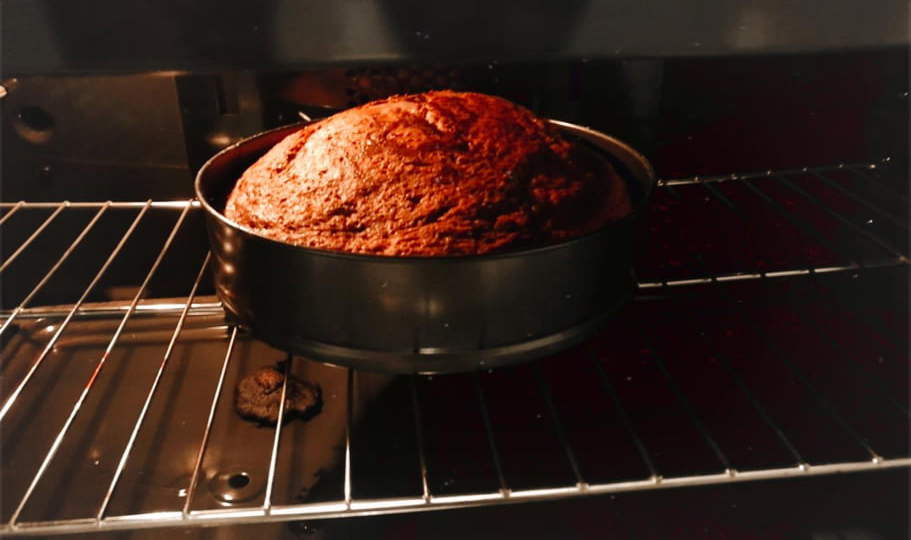
Hesham quickly realized however that there is as much of a downside as there is an upside. Although spending more time together has been enjoyable, Hesham also mentions the inevitability of starting to pick on each other, as a result of being constantly and solely in each other’s presence.
She goes on to say that, “Adapting to living with a new person for the first time usually takes months or years, and it feels as though this process has all of a sudden sped up for us. What people take many months of years experiencing, I have been experiencing in a month.”
Hesham however, also realizes that the positive outcomes of this quarantine far outweigh the negative, both personally and for her relationship. “Things have slowed down for me, and I have been cooking and baking more, and we have been spending more time together and getting to know each other in new ways,” she says.
Living with a Newborn
The fact of the matter is that the COVID-19 outbreak has caused higher amounts of global stress. And so, when one is already in a stressful situation – such as being a new mother – a global pandemic and having to shift one’s lifestyle to staying at home all the time, will surely act as an added weight.
“It’s difficult trying to manage everything and have fun at the same time,” 30-year-old new mother Hend El Shimy explains, “I mean sometimes I need to have some time for myself and that can’t really happen now.”
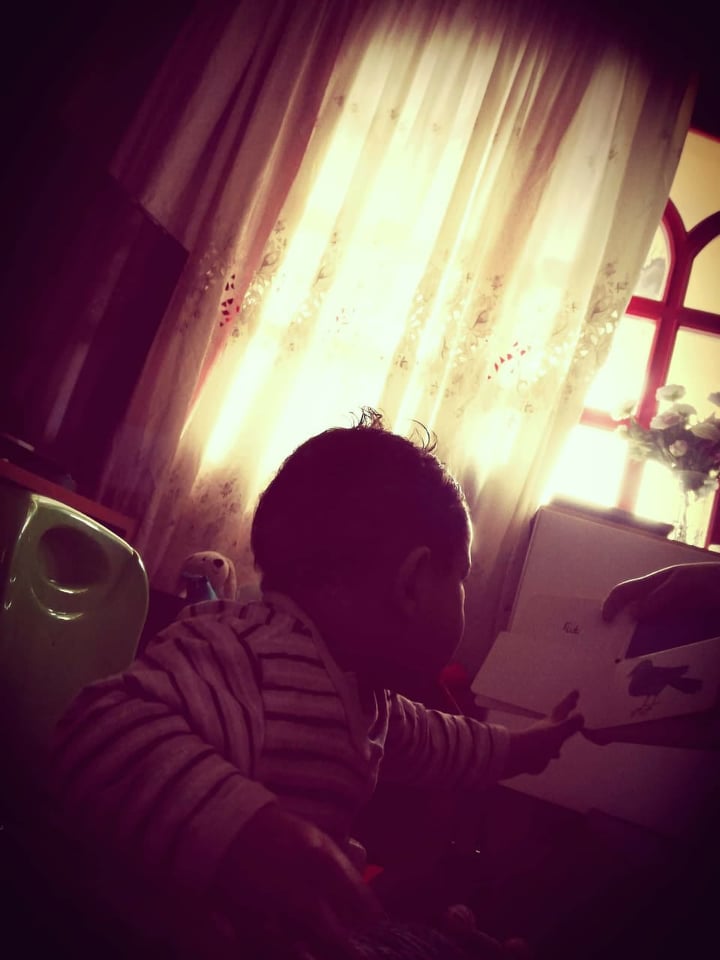
Caring for a new baby, while also discovering both the beautiful and stressful aspects of motherhood is a journey that is full of ups and downs. “It’s been crazy [since quarantine] as [the baby] is super cranky these days, as well as me and his dad,” El Shimy comments.
Despite the sudden shift in lifestyle and day-to-day life of the entire household however, El Shimy manages to have a positive outlook on the situation and she is grateful for the time the family gets to spend together.
“Spending more time together as a family has been amazing and we do activities we wouldn’t normally do because we never had the time before,” she explains, “it’s brought us together and it’s been lovely seeing all the cute little things he does.”
Living Alone
Perhaps not quite a family nucleus, but it is worth noting that there are plenty of people who have been facing the quarantine alone.
There are many people who prefer living alone and have adapted to this independent lifestyle, however at a time when everyone is being told not to leave their home for their own safety as well as others around them, living alone suddenly becomes a test of endurance.
It is natural for us as human beings to seek connection with others, and when these physical connections have decreased significantly, one is faced with newfound mental challenges.
“[Since the quarantine] It hasn’t been easy, especially since I am actually an extroverted person and I love going out and doing stuff and meeting new people,” says 30-year-old Amr Hadeka, who has been living alone for about 10 years now.
He goes on to say, “I’ve been trying to focus on working on my mental health for a while now, and for this period of time, my therapist suggested that it’s really important to establish some sort of a routine right now; but to also take it easy on ourselves.”
Although being faced with this extreme sudden shift in lifestyle for an extrovert such as himself, Hadeka has been trying his best to focus his energy on things he loves to do, such as photography. “I’ve been working on my own home studio, so I decided I will try to spend more time practicing photography and learning more about lighting and such,” he explains, “but some days, I also just don’t feel like doing anything at all.”

Hadeka admits that sometimes, it gets to be too much. “I really miss people,” he says, “but I try to take things one day at a time without pushing myself too hard.”
The young photographer stresses the fact that this time has made him realize how much we take things for granted. “We really have so much to be thankful for and we need to start realizing this more,” Hadeka says, “and I am also really grateful about the fact that I have coincidentally been trying to focus on working on my mental heath for over a year now, and so I’ve learn a few things about how to cope – if that wasn’t the case, I’m not sure how I would have been able to face this time now.”






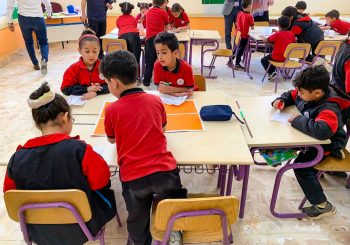
Comments (0)